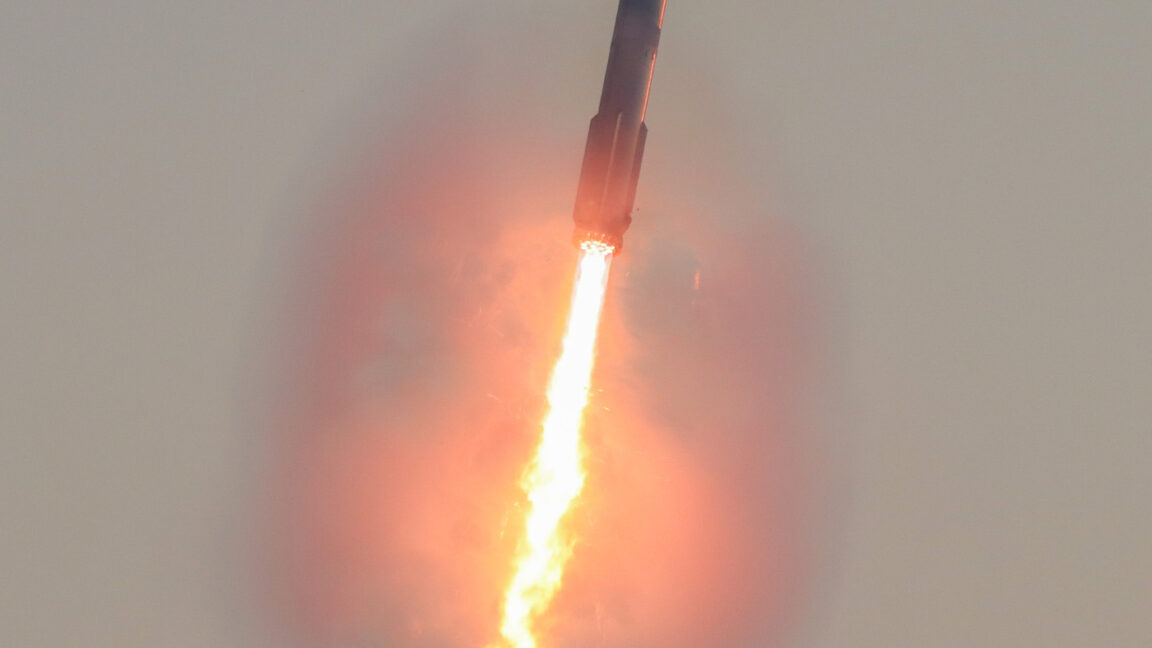A state judge in Oklahoma ruled for the first time Monday that an opioid maker was partly responsible for sparking the devastating opioid crisis that has engulfed Oklahoma and the US overall, killing an estimated 130 people nationwide every day.
Johnson & Johnson—maker of the opioid painkillers Duragesic and Nucynta—must pay $572 million in damages to the state of Oklahoma, which has reportedly lost more than 6,000 people to the opioid crisis since 2000.
“Defendants caused an opioid crisis that is evidenced by increased rates of addiction, overdose deaths and neonatal abstinence syndrome in Oklahoma,” Judge Thad Balkman stated in his ruling, handed down in a courtroom in Norma, Oklahoma.
Balkman determined that the state had successfully made its case during the eight-week civil trial that Johnson & Johnson “engaged in false and misleading marketing” of opioids and that such behavior was “more than enough to serve as the act or omission necessary to establish the first element of Oklahoma's public nuisance law.”
The ruling was heralded as a landmark in the ongoing litigation of the opioid crisis, which has spurred thousands of lawsuits from patients and state and local governments. In all of the cases, this is the first ruling to hold a pharmaceutical company responsible.
Other pharmaceutical companies have thus far settled such cases. OxyContin-maker Purdue Pharma, for instance, was also initially included in Oklahoma’s lawsuit. It settled with the state for $270 million in March. The other remaining defendant, Israel-based Teva Pharmaceuticals, settled just before the trial for $85 million. Both companies denied wrongdoing.
Still, Oklahoma’s win against Johnson & Johnson is bittersweet given that the state had originally sought damages of around $17 billion in the case. The $572 million payout is only about 1/30th of that, as NPR pointed out.
The $17 billion figure was calculated to cover a 30-year abatement plan, which would help pay for long-term addiction treatments, physician-education programs, treatments for babies born exposed to opioids in the womb, support groups, and more.
But in his ruling, Balkman found that “The state did not present sufficient evidence of the amount of time and costs necessary, beyond year one, to abate the opioid crisis." Thus, the payout reflects just one year’s worth of estimated abatement costs.
Johnson and Johnson immediately released a statement saying that it will appeal the decision.
The company argued that the ruling ignores the company’s “compliance with federal and state laws, the unique role its medicines play in the lives of the people who need them, [and] its responsible marketing practices.” It also noted that its opioid painkillers “have accounted for less than one percent of total opioid prescriptions in Oklahoma as well as the United States.”
"[Johnson & Johnson subsidiary] Janssen did not cause the opioid crisis in Oklahoma, and neither the facts nor the law support this outcome," Michael Ullmann, executive vice president and general counsel for Johnson & Johnson, said. "We recognize the opioid crisis is a tremendously complex public health issue and we have deep sympathy for everyone affected. We are working with partners to find ways to help those in need."


